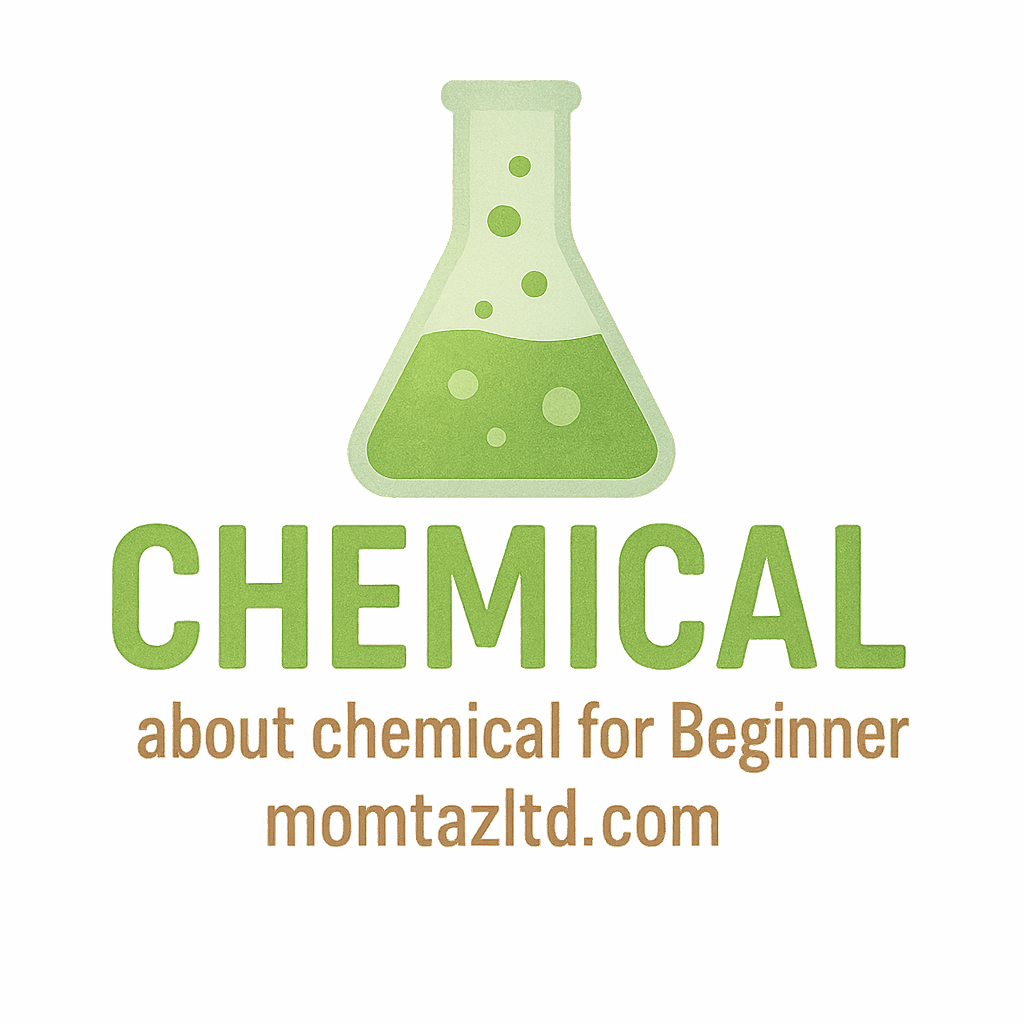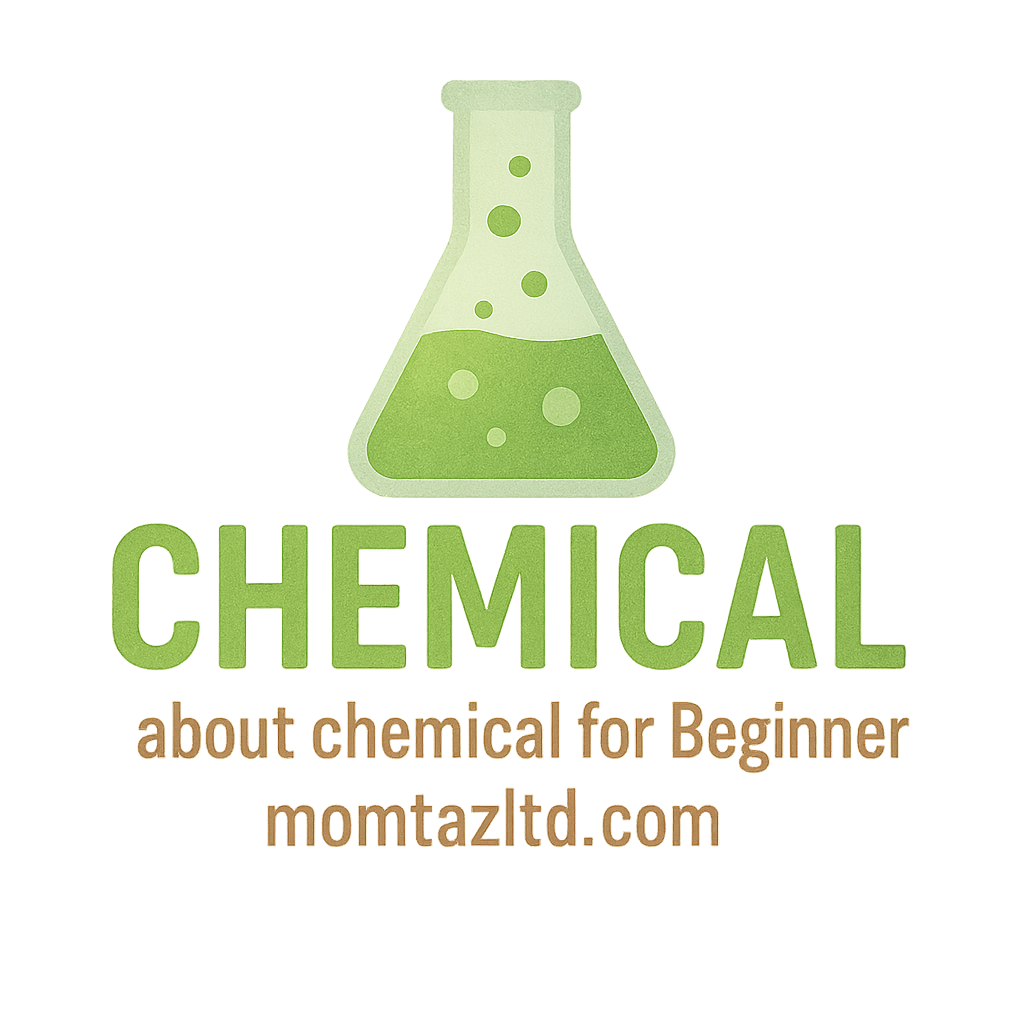Introduction
Starting out in chemistry feels a bit like stepping into a magician’s workshop. Bottles, glassware, mysterious powders—everything screams curiosity and discovery. But here’s the thing: before you dive into reactions, you need the right tools. Without them, it’s like trying to cook without pots and pans. This guide breaks down 10 must-have tools for chemical for beginner, helping you build confidence and stay safe.
For anyone eager to explore more about chemical basics, resources like Momtaz Ltd provide excellent learning materials to complement your toolkit.
Why Tools Matter in Beginner Chemistry
Building Confidence in Experiments
When you’re just starting out, chemistry can feel overwhelming. The right tools simplify the process—making your early experiments less stressful and more rewarding.
Encouraging Safe Practices
Chemistry is exciting, but it’s not a toy. Tools like goggles, gloves, and storage containers aren’t just accessories—they’re shields against accidents. For deeper insight into safety, check chemical safety.
Tool #1: Safety Goggles
Why Goggles Are Essential
Your eyes are priceless. Even small splashes of household chemicals can cause serious damage. Safety goggles are the very first investment for any beginner.
Choosing the Right Goggles
Look for goggles with side protection and anti-fog coating. They should fit snugly without being uncomfortable.
Tool #2: Lab Coat
Protection Against Spills
Think of your lab coat as armor. It shields your skin and clothes from spills, stains, and even burns.
Style vs. Function
Sure, lab coats look cool, but focus on material quality—cotton blends are durable and breathable.
Tool #3: Gloves
Types of Gloves for Chemistry
Not all gloves are equal. Latex gloves work for most household chemicals, while nitrile gloves offer stronger protection against solvents.
Best Practices for Glove Use
Never reuse disposable gloves. And always wash your hands after use, even if you wore gloves.
Tool #4: Measuring Cylinders
Accuracy in Liquid Measurement
Pouring “by eye” doesn’t work in chemistry. Graduated cylinders let you measure liquids precisely—a must for accurate experiments.
Glass vs. Plastic Options
Glass is more durable against heat, while plastic is lightweight and less likely to shatter.
Tool #5: Beakers
Everyday Workhorse in Chemistry
If goggles are your shield, beakers are your bowls. They’re versatile—mixing, heating, even short-term storage.
Sizes and Uses
Keep a set: 50ml, 100ml, 250ml, and 500ml sizes. Beginners often underestimate how handy a variety can be.

Tool #6: Test Tubes
Small-Scale Reactions
Want to test an idea without wasting chemicals? Test tubes are perfect for small reactions and observation.
Tube Racks for Organization
Don’t forget racks. They keep your workspace tidy and reduce accidents.
Tool #7: Bunsen Burner
Heating Basics for Beginners
The classic flame tool—ideal for heating solutions and sterilizing equipment.
Safety Tips for Open Flame
Never leave it unattended. Tie back hair, avoid loose sleeves, and always turn it off after use.
Tool #8: pH Paper and Indicators
Quick Chemistry Insights
Want to know if something is acidic or basic? pH strips are like cheat codes—they give you an instant answer.
How to Read Results
Match the color change to the provided scale. Simple, but effective for beginners.
Tool #9: Digital Balance
The Importance of Precision
When it comes to weighing chemicals, precision matters. Even a slight error can change experiment outcomes.
Caring for Your Balance
Keep it on a stable surface, away from drafts, and clean after every use.
Tool #10: Chemical Storage Containers
Keeping Chemicals Safe
Proper storage keeps your workspace safe and your chemicals intact. Glass jars with tight lids or plastic containers with seals work best.
Labeling and Organization
Always label with the chemical’s name, concentration, and hazard info. Learn more from chemical storage.
Extra Tools Worth Considering
Funnels
For mess-free transfers.
Stirring Rods
Simple but effective for mixing solutions.
Pipettes
Ideal for measuring drops of liquid with accuracy.
Safety First: General Chemical Safety Tools
Fire Extinguisher
Even if you never need it, a fire extinguisher is a must-have in any chemistry space.
First Aid Kit
Accidents happen. Be ready with bandages, eyewash, and burn cream.
For more advice on avoiding hazards, visit chemical accidents.
How to Start Your Beginner Chemistry Kit
Buying vs. DIY Options
You can buy ready-made starter kits or build one yourself. Building it piece by piece gives you flexibility and cost control.
Building Gradually
Start with safety tools, then add glassware, and finally, heating and measurement equipment.
Where to Learn More About Beginner Chemistry
Online Resources
Websites like Momtaz Ltd Beginner Chemistry offer great introductions to terms, reactions, and experiments.
Expert Guidance
Check out guides from learn from experts and practice safe hands-on experiments.
Conclusion
Chemistry is fascinating, but only when approached with the right tools and respect for safety. By equipping yourself with these 10 must-have tools for chemical for beginner, you’re setting a foundation for both confidence and curiosity. Remember: safety gear first, precision tools second, and exploration always. For deeper insights into chemical basics and practical tips, keep learning and experimenting responsibly.
FAQs
Q1: Do I need all 10 tools before starting beginner chemistry?
Not immediately. Start with safety gear, then build gradually.
Q2: Can I use household items instead of lab tools?
Some items like jars or funnels may work temporarily, but proper lab tools are safer and more accurate.
Q3: Where can I buy beginner chemistry kits?
You can find them online, but building your own kit ensures you get quality items.
Q4: How do I store chemicals safely at home?
Use labeled, sealed containers and keep them away from children and pets.
Q5: Is a Bunsen burner necessary for beginners?
Not always—you can start with hot plates or safer heating alternatives.
Q6: What’s the most important beginner chemistry tool?
Safety goggles—always protect your eyes first.
Q7: How can I learn more about safe lab practices?
Check laboratory chemicals and practice chemistry resources for hands-on guidance.


